The unexamined life is surely worth living, but is the
unlived life worth examining? It seems a strange question until one realizes
how much of our so-called mental life is about the lives we are not living, the
lives we are missing out on, the lives we could be leading but for some reason
are not. What we fantasize about, what we long for, are the experiences, the
things and the people that are absent. It is the absence of what we need that
makes us think, that makes us cross and sad. We have to be aware of what is
missing in our lives — even if this often obscures both what we already have
and what is actually available — because we can survive only if our appetites
more or less work for us. Indeed, we have to survive our appetites by making
people cooperate with our wanting. We pressurize the world to be there for our
benefit. And yet we quickly notice as children — it is, perhaps, the first
thing we do notice — that our needs, like our wishes, are always potentially
unmet. Because we are always shadowed by the possibility of not getting what we
want, we learn, at best, to ironize our wishes — that is, to call our wants
wishes: a wish is only a wish until, as we say, it comes true — and, at worst,
to hate our needs. But we also learn to live somewhere between the lives we
have and the lives we would like.
We refer to them as our unlived lives because somewhere we
believe that they were open to us; but for some reason — and we might spend a
great deal of our lived lives trying to find and give the reason — they were
not possible. And what was not possible all too easily becomes the story of our
lives. Indeed, our lived lives might become a protracted mourning for, or an
endless tantrum about, the lives we were unable to live. But the exemptions we
suffer, whether forced or chosen, make us who we are.
We are always haunted by the myth of our potential, of what
we might have it in ourselves to be or do. We share our lives with the people
we have failed to be.
Our lives become an elegy to needs unmet and desires
sacrificed, to possibilities refused, to roads not taken. The myth of our
potential can make of our lives a perpetual falling-short, a continual and
continuing loss, a sustained and sometimes sustaining rage.
We have an abiding sense, however obscure and obscured, that
the lives we do lead are informed by the lives that escape us.
Because we are nothing special — on a par with ants and
daffodils — it is the work of culture to make us feel special; just as parents
need to make their children feel special to help them bear and bear with — and
hopefully enjoy — their insignificance in the larger scheme of things. In this
sense growing up is always an undoing of what needed to be done: first,
ideally, we are made to feel special; then we are expected to enjoy a world in
which we are not… When people realize how accidental they are, they are tempted
to think of themselves as chosen. We certainly tend to be more special, if only
to ourselves, in our imaginary unlived lives.
So it is worth wondering what the need to be special
prevents us seeing about ourselves — other, that is, than the unfailing
transience of our lives; what the need to be special stops us from being. This,
essentially, is the question psychoanalysis was invented to address: what kind
of pleasures can sustain a creature that is nothing special? Once the promise
of immortality, of being chosen, was displaced by the promise of more life —
the promise, as we say, of getting more out of life — the unlived life became a
haunting presence in a life legitimated by nothing more than the desire to live
it. For modern people, stalked by their choices, the good life is a life lived
to the full. We become obsessed, in a new way, by what is missing in our lives;
and by what sabotages the pleasures that we seek.
We make our lives pleasurable, and therefore bearable, by
picturing them as they might be; it is less obvious, though, what these
compelling fantasy lives — lives of, as it were, a more complete satisfaction —
are a self-cure for. Our solutions tell us what our problems are; our fantasy
lives are not — or not necessarily — alternatives to, or refuges from, those
real lives but an essential part of them. There is nothing more obscure than
the relationship between the lived and the unlived life. (Each member of a
couple, for example, is always having a relationship, wittingly or unwittingly,
with their partner’s unlived lives; their initial and initiating relationship
is between what they assume are their potential selves.) So we may need to
think of ourselves as always living a double life, the one that we wish for and
the one that we practice; the one that never happens and the one that keeps
happening.
There is a gap between what we want and what we can have,
and that gap is our link, our connection, to the world. This discord, this
supposed mismatch, is the origin of our experience of missing out.
Our utopias tell us more about our lived lives, and their
privations, than about our wished-for lives.
In our unlived lives we are always more satisfied, far less
frustrated versions of ourselves… Our possibilities for satisfaction depend
upon our capacity for frustration; if we can’t let ourselves feel our
frustration — and, surprisingly, this is a surprisingly difficult thing to do —
we can’t get a sense of what it is we might be wanting, and missing, of what
might really give us pleasure. That frustration is where we start from; the
child’s dawning awareness of himself is an awareness of something necessary not
being there. The child becomes present to himself in the absence of something
he needs.
The more we frustrate ourselves in wanting something, the
more we value our desire for it. Waiting too long poisons desire, but waiting
too little pre-empts it; the imagining is in the waiting. Wanting takes time;
partly because it takes some time to get over the resistances to wanting, and
partly because we are often unconscious of what it is that we do want. But the
worst thing we can be frustrated of is frustration itself; to be deprived of
frustration is to be deprived of the possibilities of satisfaction.
CONNECT
Phillips' "The Art of Nonfiction" interview in The Paris Review ... HERE.

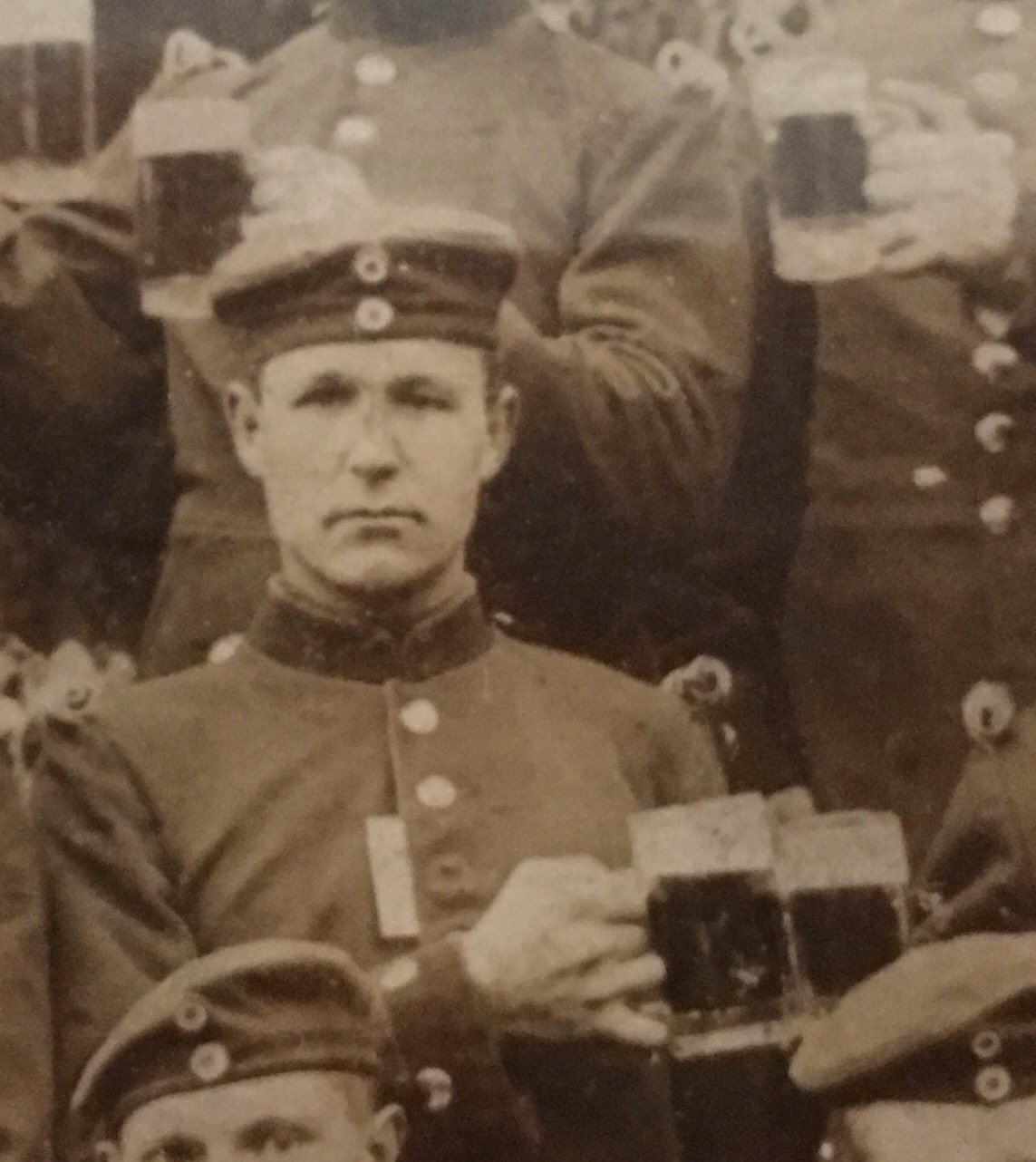








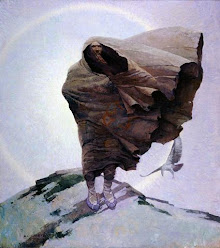














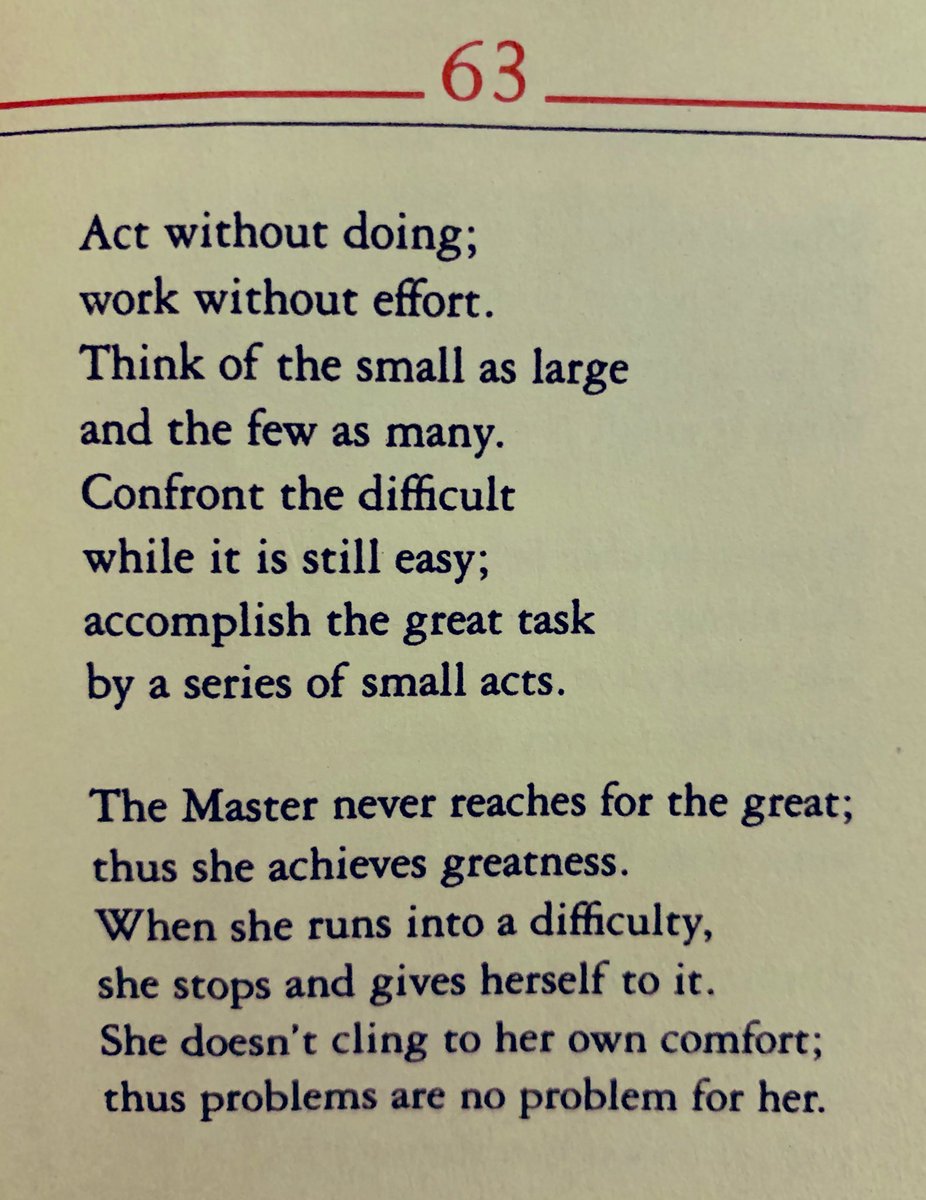









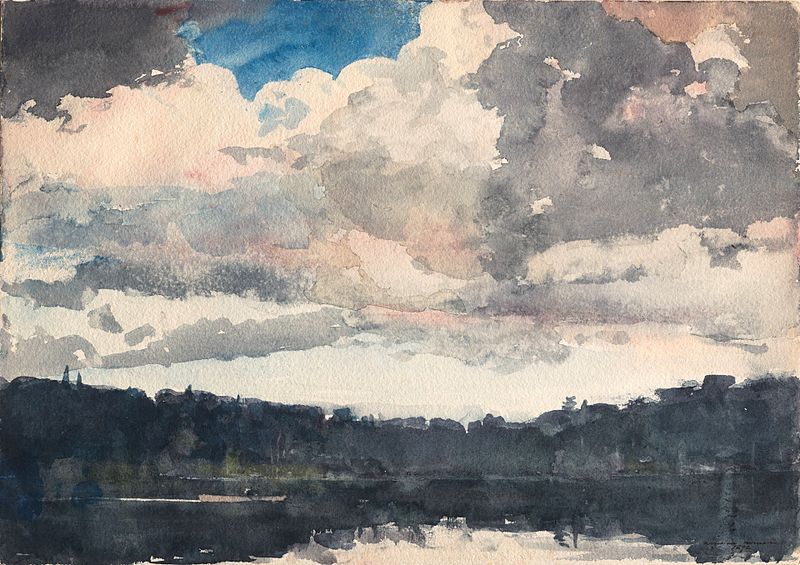





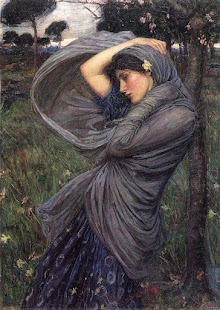












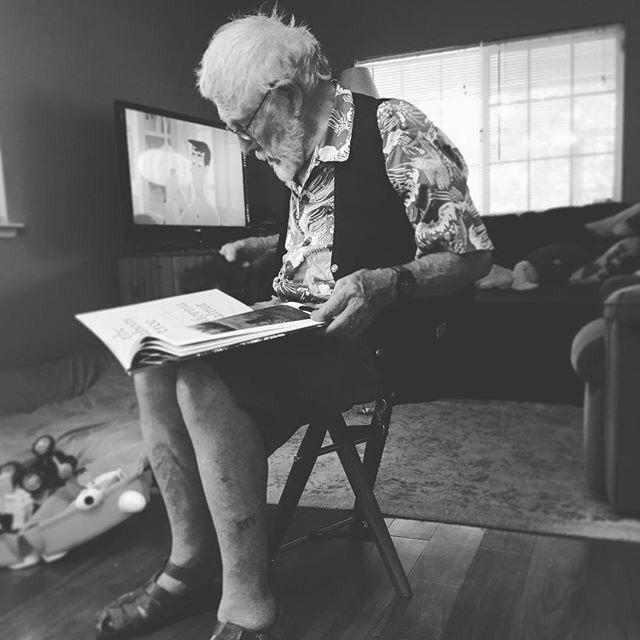




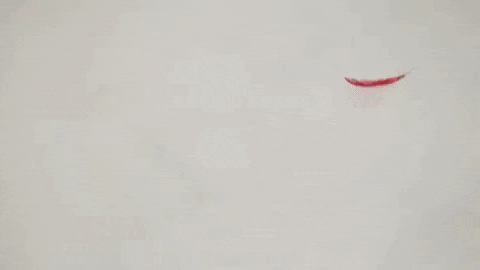



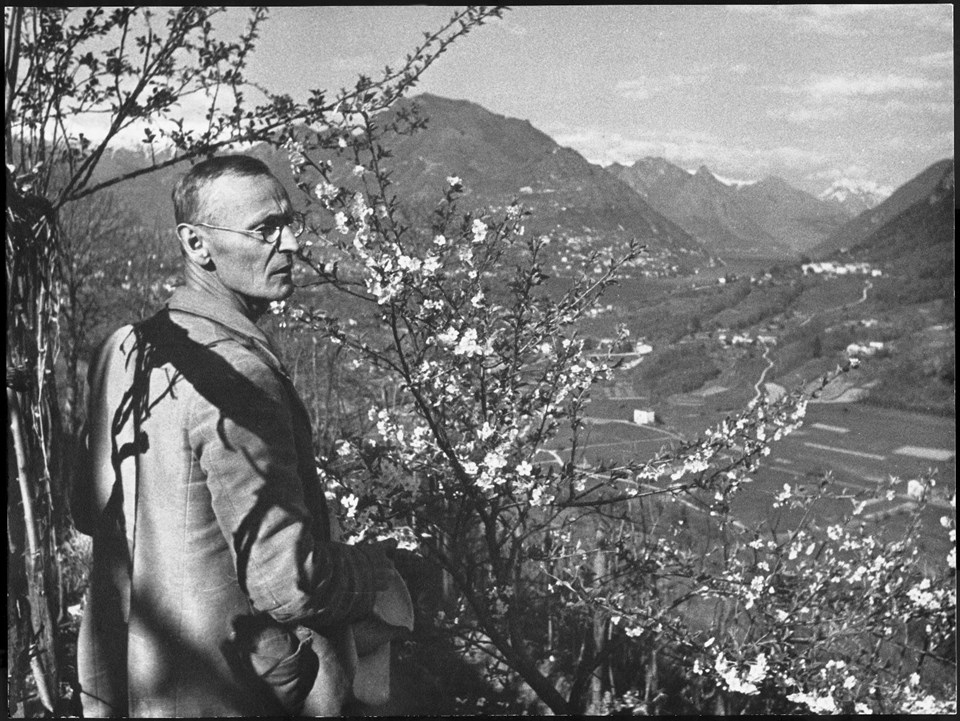


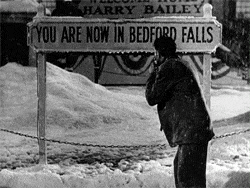







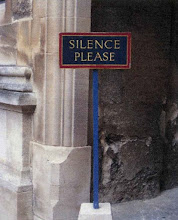









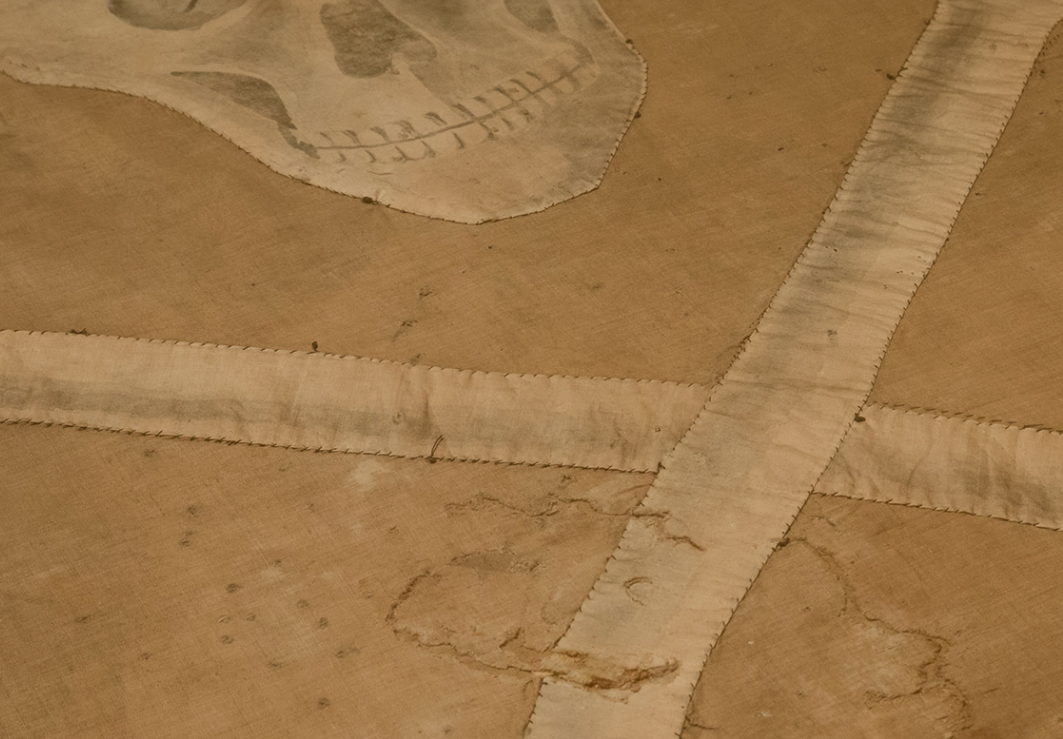

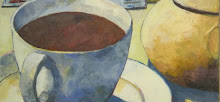
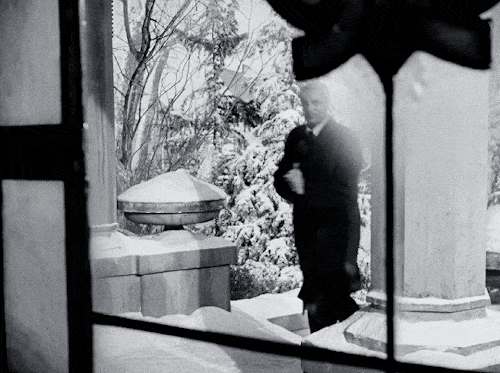
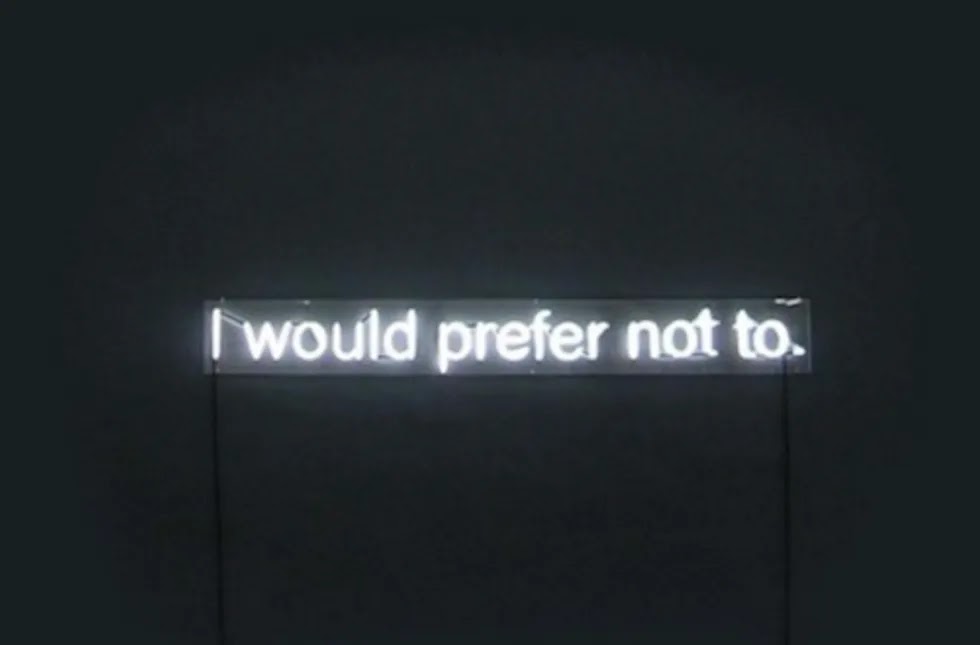

















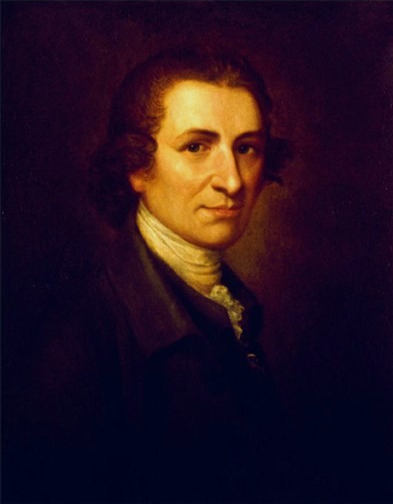










No comments:
Post a Comment